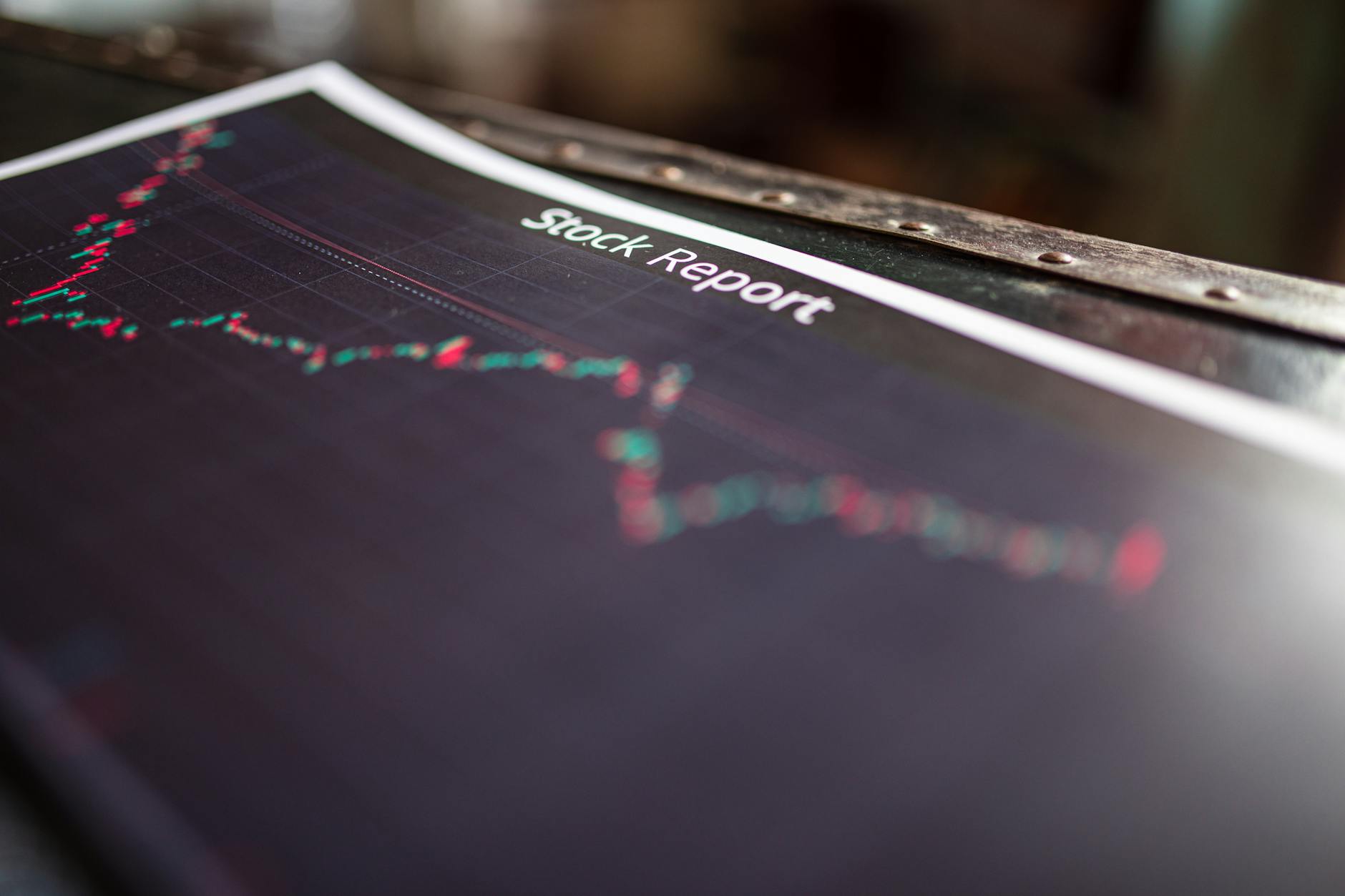Hey crew, Stock-Trader Steve here. Let’s talk about something a little different than the usual market chatter: ethics. Specifically, the ethics of investing. Yeah, I know, it sounds about as exciting as a Slayer cover band playing elevator music, but stick with me. This ain’t your grandma’s knitting circle; we’re talking about making your money work for *you* and the world you want to live in.
Digging Deeper: Corporate Governance and You
Responsible investing isn’t just some hippie-dippie trend; it’s smart business. Think about it: Companies with strong corporate governance—that means solid leadership, transparent practices, and a commitment to ethical behavior—tend to be more stable and profitable in the long run. Why? Because they’re less likely to get hit with lawsuits, scandals, or those pesky boycotts that can tank a stock faster than a chugging contest at a death metal festival. And let’s be honest, nobody wants to lose money because some CEO decided to embezzle funds to fund their yacht collection.
Now, figuring out which companies are genuinely committed to ethical practices isn’t always easy. You’ve got to do your homework. Look beyond the press releases and glossy annual reports. Dive into their sustainability reports, check out independent ratings agencies like MSCI, and see what kind of impact they’re actually having on the world. Are they polluting the planet? Exploiting their workers? Engaging in shady business practices? If the answer’s yes, you might want to reconsider putting your hard-earned cash into their pockets.
The ESG Factor: More Than Just a Buzzword
You’ve probably heard of ESG—Environmental, Social, and Governance—investing. It’s a framework that helps investors assess the sustainability and ethical impact of companies. Environmental factors cover things like a company’s carbon footprint and waste management. Social factors look at things like labor practices, diversity, and community engagement. And governance, as we already discussed, focuses on leadership, transparency, and accountability. The UN Principles for Responsible Investing (PRI) provides a great resource for understanding and implementing ESG factors in your investment strategy.
Now, ESG investing isn’t about sacrificing returns for virtue signaling. Plenty of studies show that companies with strong ESG profiles often outperform their peers. Why? Because they’re often more innovative, better managed, and less prone to those nasty surprises that can wipe out your portfolio faster than a sudden market crash. It’s about long-term stability. It’s about being smart.
Integrating Ethics into Your Portfolio
Integrating ethical considerations into your trading strategy isn’t some complicated, esoteric ritual. It’s as simple as asking yourself a few questions before you buy a stock: Does this company align with my values? Do they have a solid track record of ethical behavior? Are they making a positive impact on the world? If the answer is no, there are plenty of other fish in the sea—or, you know, companies in the market.
And let’s be real, sometimes the most responsible investment is simply not investing at all. If a deal smells fishy, it probably is. That’s a good time to remember you can always add another unique coffee mug to your collection; the Gone Squatching mug is pretty sweet, just saying.
Putting it All Together
Remember, responsible investing isn’t about being a saint; it’s about being smart. It’s about aligning your investments with your values, making informed decisions, and building a portfolio you can be proud of. It’s about making your money work for *you*—and for a better world.
So, next time you’re thinking about making an investment, take a minute to consider the ethical implications. You might be surprised at the difference it makes, both in your portfolio and in the world around you.


